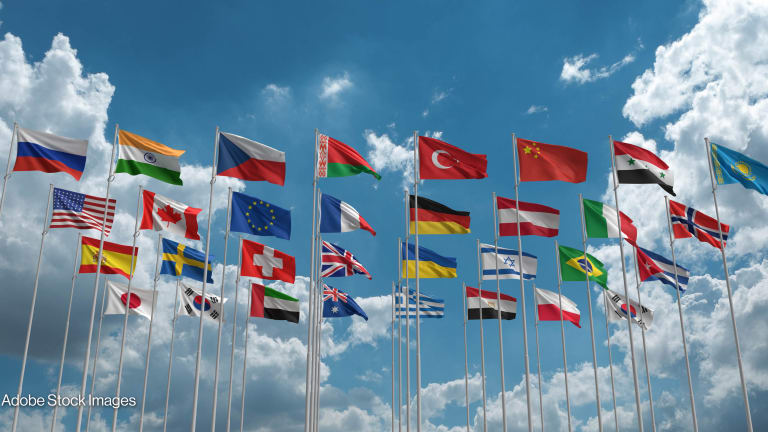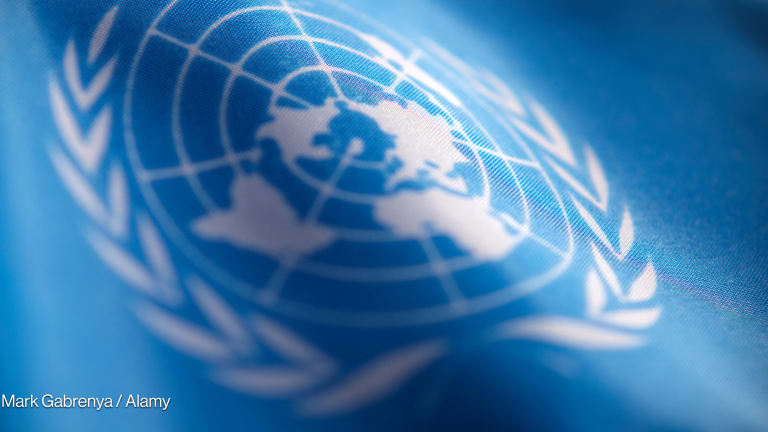In recent years, many have declared that the international development system is in crisis. The Trump administration’s dismantling of USAID, alongside donor governments steadily walking back their commitments to official development assistance, has led some to claim the system is breaking down.
But what if the system isn’t broken at all? What if it’s working exactly as it was designed to — to uphold colonial power dynamics, advance donor governments’ national interests, and ensure that funding, decision-making, and accountability flow back to the global north, rather than to the people aid is meant to serve?
But now, the cracks are showing. And instead of reckoning with the root causes, or reimagining a more just system, we’re seeing a rush to “fill the gaps” with short-term solutions — that keep power exactly where it’s always been.








